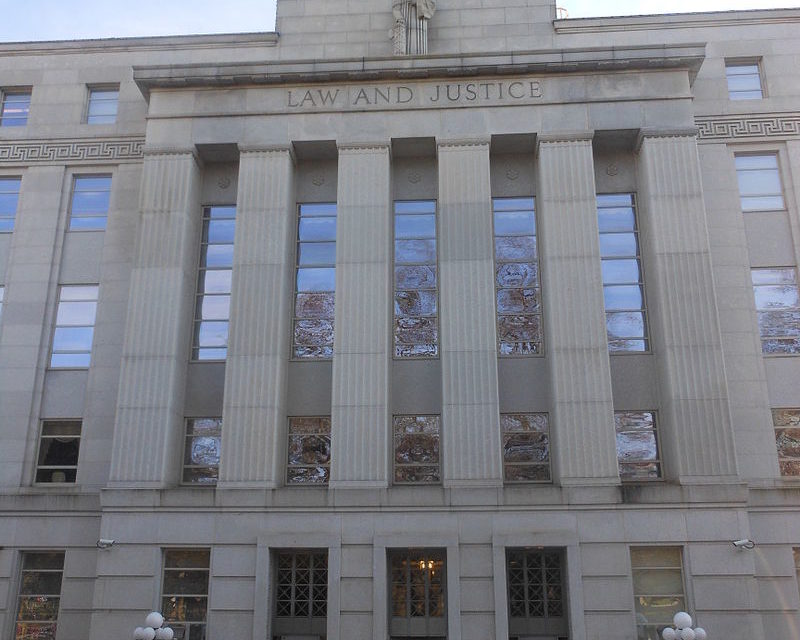Greensboro has spent over $500,000 in legal fees arguing in court that former Police Chief David Wray couldn’t sue the city over legal fees, and the North Carolina Supreme Court ruled against the city and in favor of Wray.
What that means is that Wray’s lawsuit against the city can go forward, and, if it chooses, the city can spend another $500,000 or more on trying to keep from paying Wray $220,000 in legal fees.
The Greensboro City Council adopted a policy in 1980 stating that the city would pay the legal costs of city employees who were sued for actions taken in the course of their jobs.
In January 2006, Wray was first locked out of his office by then City Manager Mitch Johnson and then forced to resign. Later, Wray and other city officials were sued by Greensboro police officers for racial discrimination. The city paid the legal fees of the other city employees who were sued but refused to pay the legal costs that Wray incurred because of the lawsuits.
Wray then sued the city for his legal expenses, which, according to Wray, he was entitled to because of the 1980 policy – the same policy that provided for other city employees who were named in the same lawsuits to have their legal expenses paid.
More recently, Wray filed and then dropped a slander lawsuit against Mayor Nancy Vaughan and City Attorney Tom Carruthers because both had said that Wray’s legal fees were not paid because of his “malicious” behavior. According to the city’s policy, that is one reason why the legal fees for an employee would not be paid.
After making the statement, Carruthers did offer an explanation stating that he was attempting to summarize the policy and did a poor job of it. Vaughan said she was simply quoting the city attorney.
It appears that what actually happened is that it had been so long since the city had decided not to pay Wray’s legal fees that the city forgot the reason. At the time the reason given was that Wray acted outside the scope of his office.
Since Wray was being sued by police officers for actions he took while police chief, it may be a tough argument to win in court – that he was acting outside the scope of his office.
City Councilmember Tony Wilkins asked for all the documents in the city’s possession about why Wray’s legal fees had not been paid. The city was unable to produce any such documents.
According to the policy, the city manager has the authority to make the decision on whether to pay an employee’s legal expenses or not. The city manager who made the decision in Wray’s case was Mitch Johnson, the same city manager who locked Wray out of his office and then forced him to resign.
It appears that by claiming that the city had governmental immunity and, therefore, Wray couldn’t sue the city, the city was attempting an end-around. If the courts had decided in the city’s favor, then the case would have ended and the city would have never had to go to court to attempt to justify the decision made by Mitch Johnson not to pay Wray’s legal fees.
Now, unless the city and Wray can reach an agreement, Wray will get his day in court to prove that the actions for which he was being sued were in fact part of his job as police chief. It appears the city will have to go to court and argue that hiring, promoting and investigating police officers who have been accused of misconduct are not the job of the police chief.
It should be an interesting case.

